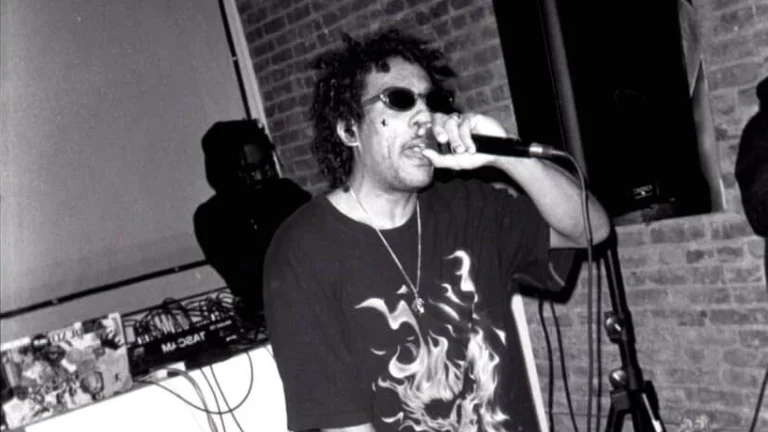If you think about it, jazz and gospel make good bedfellows. The former is a largely expressive genre that isn’t chained to the conventional way of writing musical compositions. It always has room to make mistakes, to rewrite musical rules, to rip the book in half—whatever keeps up the ethos of free and unapologetically Black expression. The moment you dare to throw spirituality, something that has been a very prominent hallmark of Black culture due to its freeing nature, into the mix, the music has a new purpose: healing, wonder, magic, connection, and understanding of the previously inexplicable. Spiritual jazz has been done by legendary artists such as harpist Alice Coltrane and saxophonist John Coltrane, saxophonist Pharaoh Sanders, and the legendary bandleader Sun Ra and his many Arkestra renditions. Houston-born, Brooklyn-based Joy Guidry now joins the ranks with the lively and healing AMEN.
Guidry isn’t just a bassoon player/jazz composer, she’s also a drone/ambient composer. While her first full-length Radical Acceptance is a jazz album about the struggle-heavy journey to discover being non-binary, AMEN’s drone pieces are approached from a place of mourning, softness, and gratitude.
Where artists of the past have tackled spirituality in jazz independent of any specific religion (Alice Coltrane, for example, composed with the influence of Hinduism, Zen Buddhism, and many other spiritual practices), AMEN is specifically Christian in scope. Ambient passages named after “Psalm 138:7” and “Revelations 7:16-17” open and close the album, encountering fear amongst an angry mob and promising blessings for those who follow God’s will. The slightly tense yet inviting shimmer of “Psalm 138:7” leads into the warm “It’s Okay to Let Me Go,” a composition where piano ivories thump, keys whirl, and percolating buzzing synths appear in waves. While “Psalm 138:7” feels like the sound of uncertainty, “It’s Okay” explores the sound of freedom, if not complete faith and surrender.
After this and “Pick and Choose,” the colossal number “Members Don’t Get Weary” finds singers Enep Nowelle, Morgan Guerren, and Jillian Grace singing with conviction over free jazz drums and blaring saxophones. “Angels,” a track boasting familiar names such as vocal jazz breakout KeiyaA and ambient soul Niecy Blues, begins with a capella before finishing with a zydeco spin. Both of these songs are the only ones where gospel vocals are pushed to the forefront. “Members” sounds like one’s world crashing little by little, and the song itself serving as a cry for salvation. On the other hand, “Angels” is not only a self-affirmation of protection and love, even in the worst days, but a celebration of such present protection as well.
AMEN briefly engages Christian hypocrisy, a topic also briefly engaged on Radical Acceptance. Radical Acceptance’s “Just Because I Have a Dick Doesn’t Mean I’m a Man” spells out Guidry’s story of self-loathing and self-discovery along with the confrontation of judgmental heterosexual people. “Pick and Choose,” from AMEN, is a track that finds preacher Brandon Cordoba pointedly defying guilty people’s need to use the Bible as an attack weapon. Such interlude further supports the act of quoting “Psalm 138:7” because as passionate as Guidry may be about her faith, it will not come without the byproduct of hatred from few who hang in the pews with her.
If there was a word to better sell AMEN, “affirming”, “transcendental,” and “vulnerable” would all fit the bill. Even if you may not be much of a Christian/Gospel kind of person, AMEN feels crafted with intentions to calm, comfort, and open the hearts of those most fearful—to tackle spirituality with neither the use of fear nor judgment. The album aims to inspire and positively provoke, and if you give it half a chance, it will likely achieve its goal.





